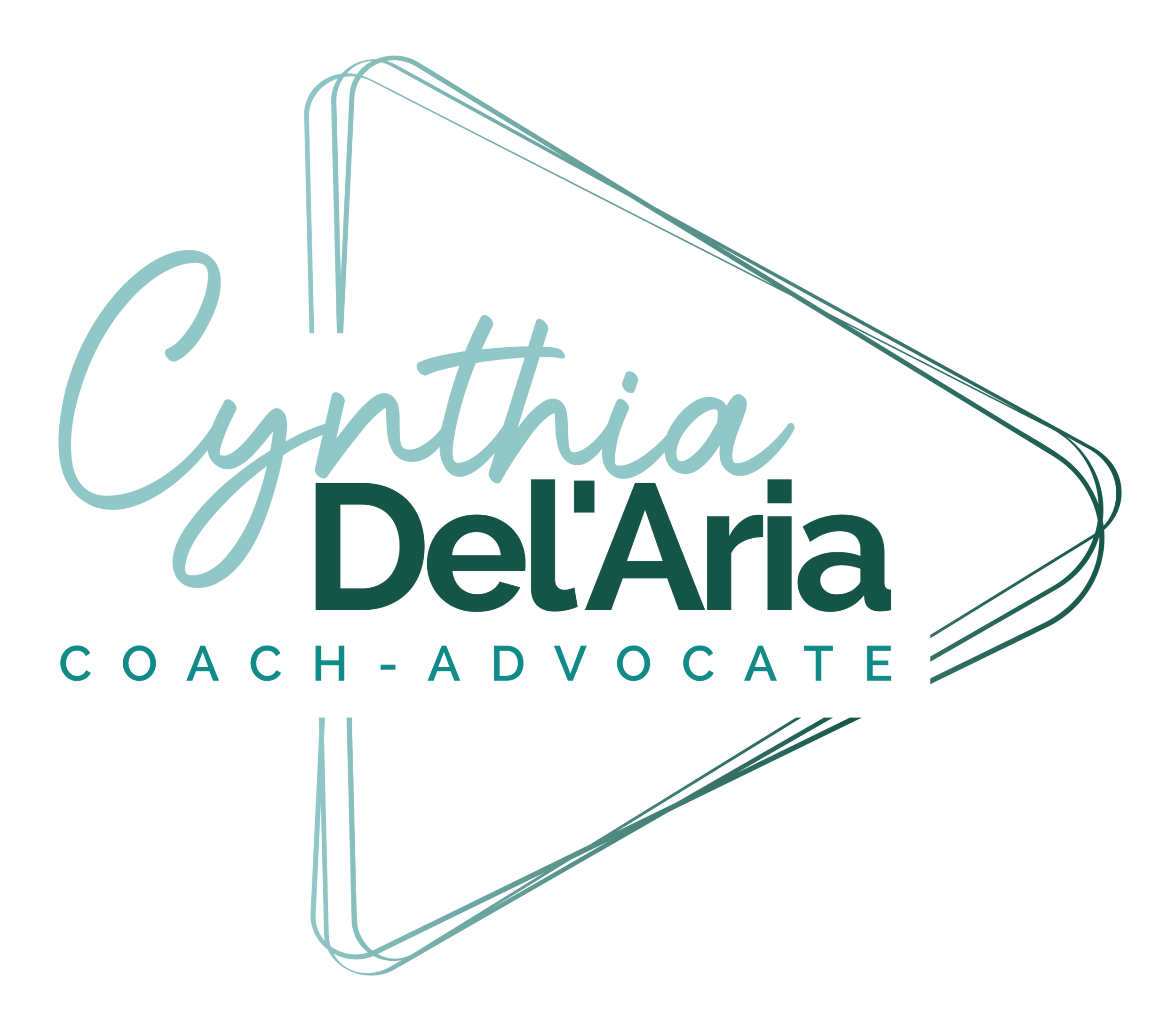TechTalk: Google Is Being Evil
Google’s Chrome browser has become one of the most used browsers in the world, representing over 70% of worldwide users according to StatCounter. And for good reason — when Chrome came out it was head-and-shoulders better than anything else out there. At the time, Internet Explorer was the most popular browser, and as a web developer, let me tell you: the thought of building a web site that has to support IE still makes my eyes water. Firefox started as a welcome alternative to IE, but by 2008 it had become a bloated sloth. Chrome was such a refreshing alternative that we all snapped it up as our default browser even while it was in beta.
Google was the “Don’t be evil” company. (They actually put that motto on the prospectus when they went public in 2004.) We all trusted them because for the most part they weren’t evil. By all indications they really wanted to make the web better. They released many great products in addition to Chrome.
That has since changed.
For a moment, let’s take a dirt-encrusted side road and look at why one might want to use an ad blocker. First and foremost, they’re really obnoxious. They play unwanted and unexpected audio and video. Second, they take up an enormous amount of space on a page, often making it hard to navigate around them to find the content you’re interested in seeing. Lastly, and certainly not leastly, they-are-resource-hogs! The ad networks have gotten fat and lazy, so the amount of code they shove down the wire to your browser is massive and inefficient. Not only does the browser have to download that code, but it has to exert processing power to run it. All so they can show you what they think you might want to buy and track your every mouse movement. By the way, that’s not an exaggeration; they can and do track every single movement of your mouse.
People finally got fed up with all of this nonsense and started making browser extensions that blocked ads and trackers. Until recently, that is. Google just announced that an upcoming version of Chrome will include a change that basically hampers the ability for ad blockers to work.
Why is this bad? Well, think back to the late 90’s and early 00’s. Do you remember the nightmare that was pop-ups? Once, my uncle called me (the duly designated family tech support representative) and asked, “How do I get rid of all these damned pop-ups?!” Closing one would spawn three more, as if we needed a tenth circle of hell. He often had to give up and restart the browser just to get back to normal.
Now imagine that the company that makes your browser makes their money from you seeing those pop-ups. And not just a million dollars here and a million dollars there; think over $25 billion dollars per quarter! Now, do you think that company is going to want you plugging the udders of that cow? There’s gold in them thar teats!
Google is that company and ads are that cash cow.
A valid question to ask at this point is, “What’s so wrong with ads?” Nothing. Truly. They help pay for a lot of what we get for free on the web. It’s not that they’re all inherently bad, it’s that most of them have gotten abusive. The ad networks and content producers only have themselves to blame for the situation they’re in. The ad networks need to develop smaller, more efficient code and detox themselves from the drug that is tracking. Content producers need to demand more efficient code from the ad networks and need to be more responsible with their use of ads; e.g. taking a “less is more” approach to ad placement and not allowing audio/video ads that start playing something purposely loud and obnoxious as soon as the page loads.
So is there any hope? Is there anything you can do? Are we doomed? Thankfully, no. We have a lot more quality competition in the browser space now than we did back in 2008 when Chrome was released. Firefox has shed its slothy ways and is now back to being a great browser that also takes our privacy very seriously. If you’re on a Mac you can use Safari, which also takes privacy very seriously and has technology built in that actively blocks some of the irresponsible ads. No ad block extensions needed! Still, you should install one anyway. More on that in a second.
There are lesser known yet still great browsers like Opera, Brave, and Vivaldi. The jury is still out on Microsoft’s Edge browser which, ironically, is being changed to use the same engine that Chrome uses.
Regardless of which one you choose, all of these alternatives still allow you install ad blockers if you want. And install them you should! We’re not the customer of ad networks or content producers so they only way we can make them treat us better is to fight technology with technology.
To that end, I personally have switched my daily-use browser away from Chrome. If it weren’t a professional necessary evil I would be uninstalling it completely. Because Google is no longer not “being evil” and is definitely not doing “the right thing” (which is their new slogan, by the way). Apparently, when given the choice of being evil or not, choosing the latter was a little too much to ask of themselves.
Courtesy of Darrell Brogdon, developer and DevOps expert.

